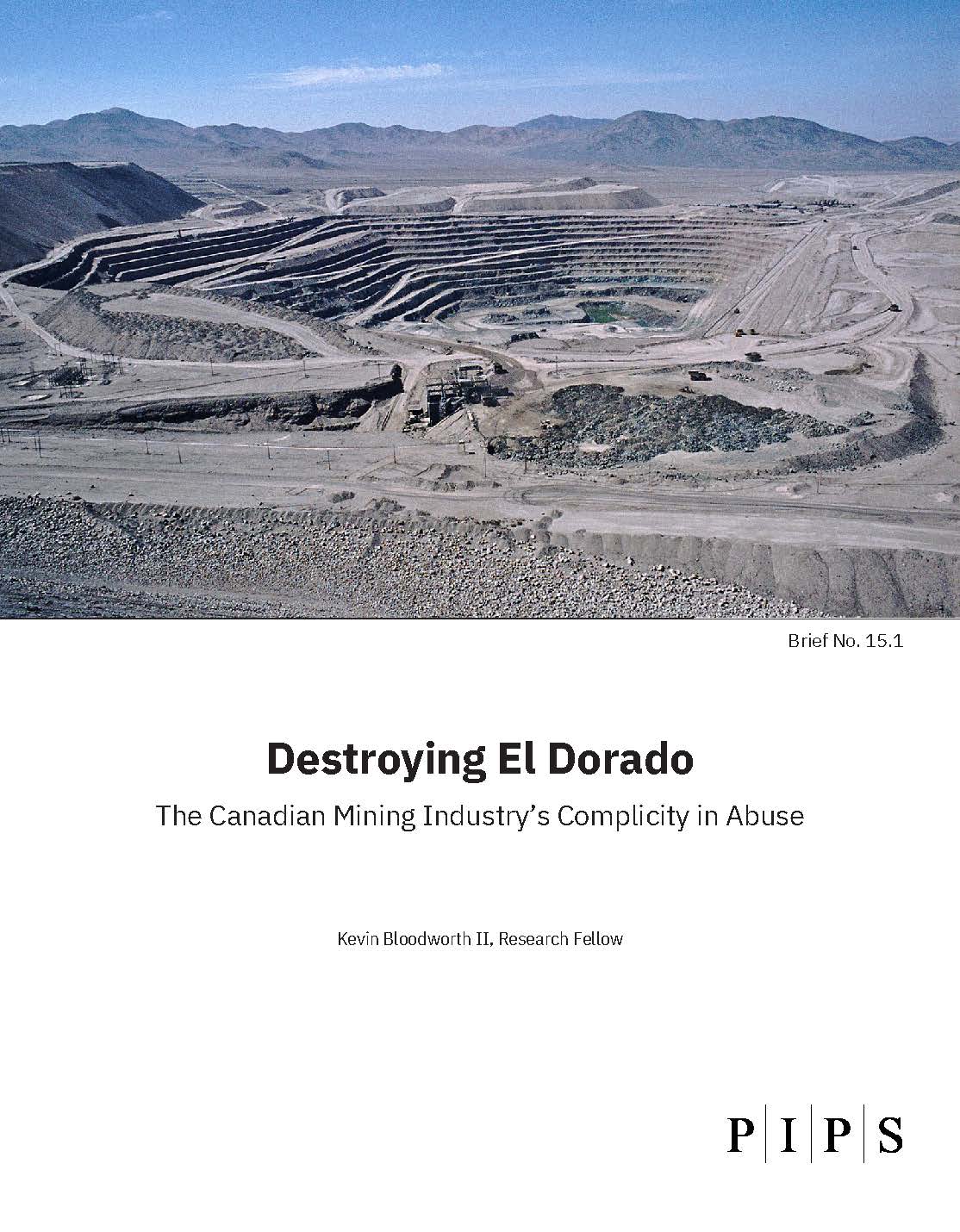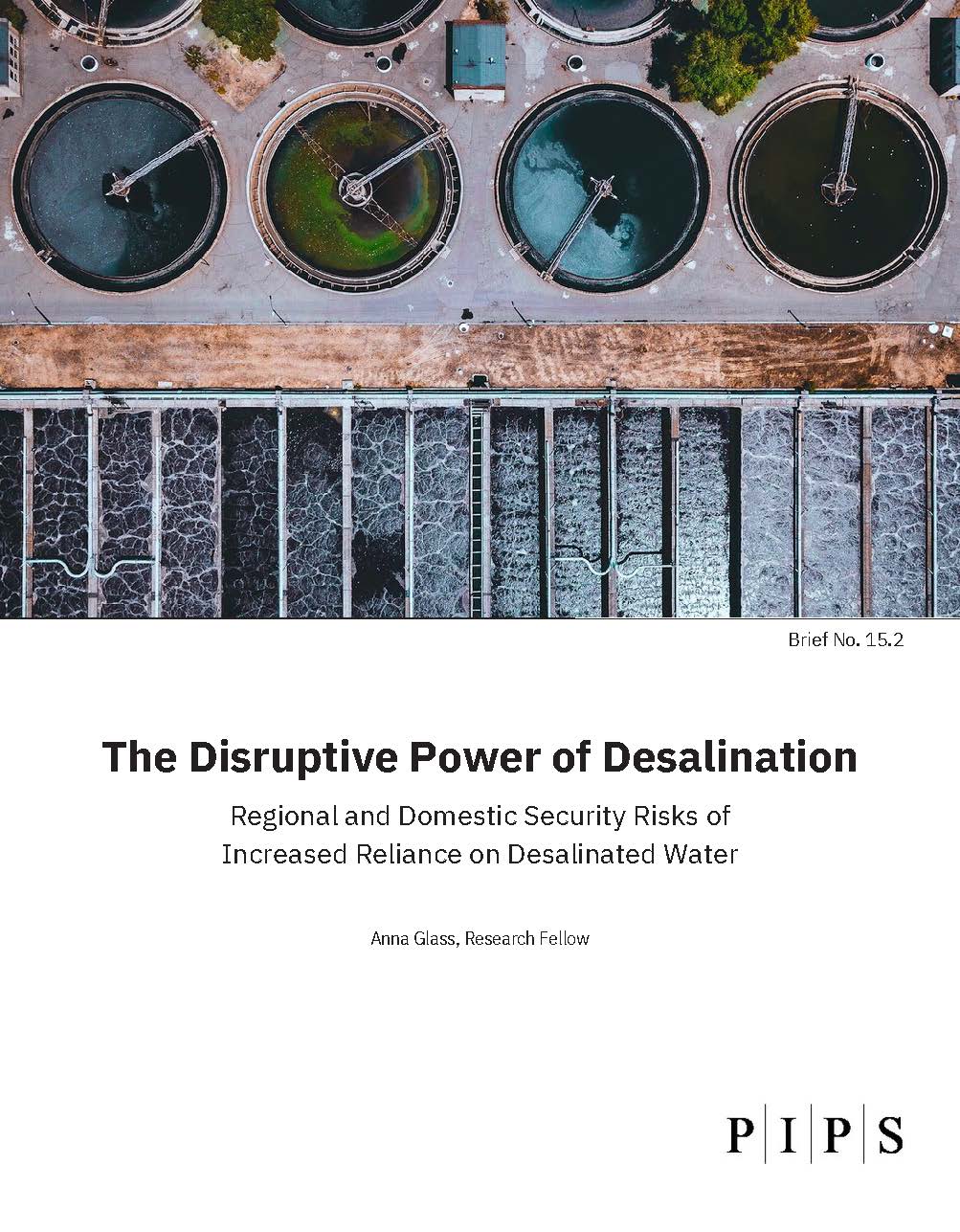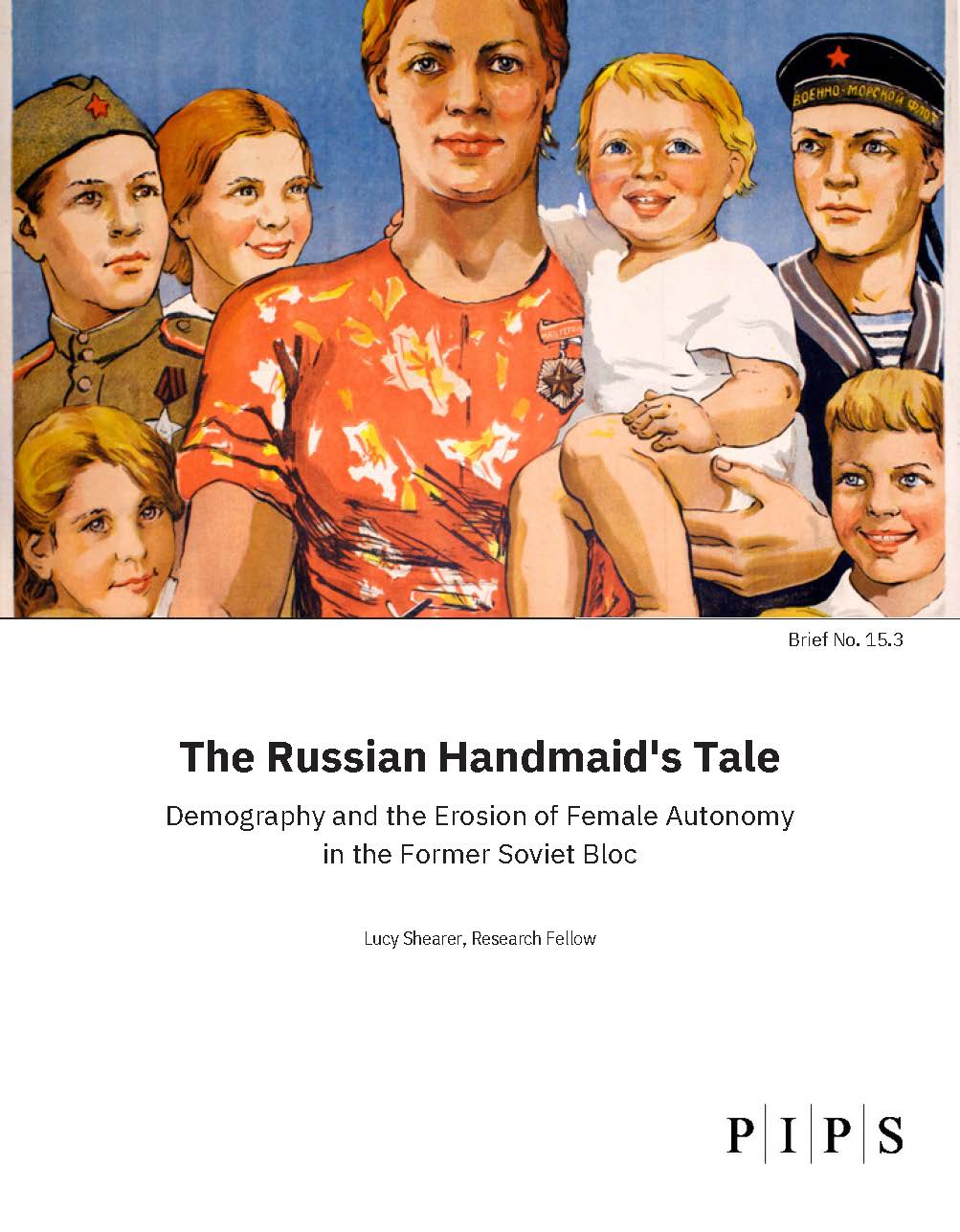Policy White Papers
2022-2023
Destroying El Dorado: The Canadian Mining Industry’s Complicity in Abuse

by Kevin Bloodworth II (Research Fellow)
The extractive practices of Canadian mining firms make them the worst human rights and environmental offenders in the global mining industry. These firms have been implicated in bribery and directing violence toward political and environmental activists in both Latin America and Africa. The record of abuse by Canadian mining firms undermines Western efforts to challenge China’s Belt and Road initiative. In the absence of oversight from the Canadian government, Canadian mining firms will continue extractive mining practices seeded in human rights violations, strengthening China’s ambitions to dominate the world’s “green minerals” industry.
The Disruptive Power of Desalination: Regional and Domestic Security Risks of Increased Reliance on Desalinated Water

by Anna Glass (Research Fellow)
White Paper (pdf)
Desalination plants are attractive options for countries looking to diversify their access to fresh water due to the negative effects of climate change. Yet, the placement of desalination infrastructure has political implications. Like the past building of railroad lines and irrigation canals, governments can use desalination infrastructure to disadvantage domestic groups, increase influence over disputed territory, or intensify transboundary divides. They also can exploit desalination infrastructure’s vulnerability to physical attack. States and international organizations should recognize the destabilizing socio-political implications of desalination infrastructure placement when funding projects. Neglecting these implications risks amplifying existing conflicts, thus hindering efforts towards political and environmental stability in water-scarce regions.
The Russian Handmaid’s Tale: Demography and the Erosion of Female Autonomy in the Former Soviet Bloc
 by Lucy Shearer (Research Fellow)
by Lucy Shearer (Research Fellow)
White Paper (pdf)
Russia faces a gendered demographic crisis exacerbated by the war in Ukraine. To alleviate its demographic woes, the Kremlin is implementing increasingly conservative pronatalist policies that threaten women’s autonomy. This regressive approach will not reverse demographic decline. Moscow ignores the greater social, cultural, and economic factors which diminish incentives to have children. Moscow’s conservative pronatalism will not be confined to its own borders. Post-Soviet states facing similar demographic decline are vulnerable to their own Handmaid’s Tales. Now is the time to emphasize women’s rights throughout the former Soviet republics.














